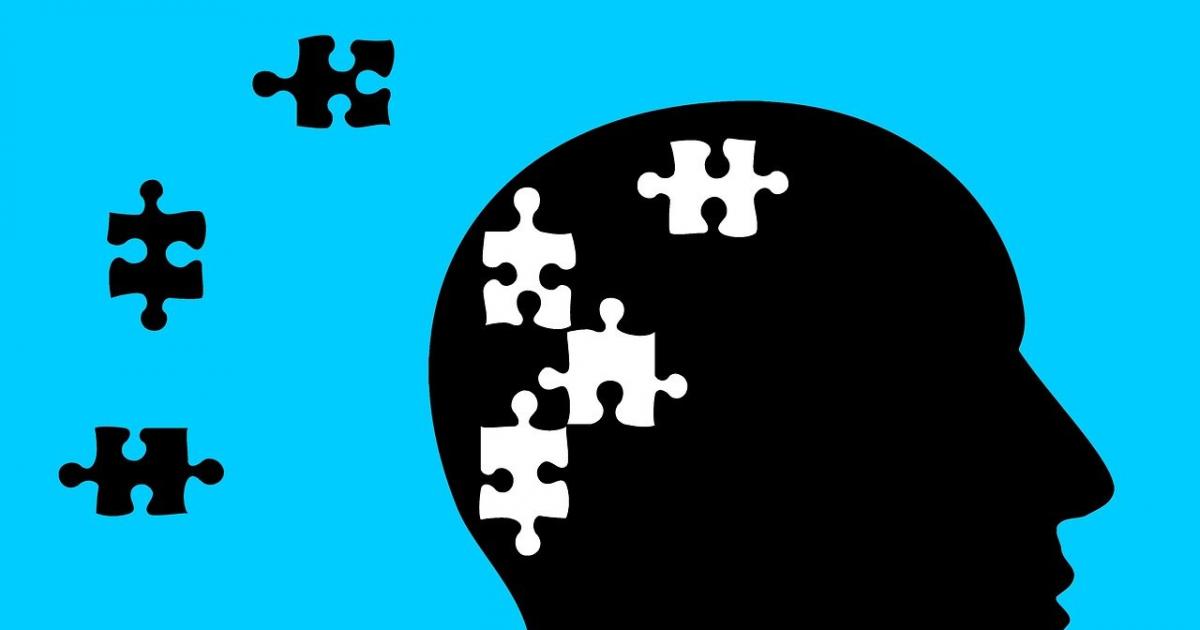Blood test can diagnose Alzheimer’s disease with 95% accuracy

A blood analysis allows you to make a diagnosis Alzheimer’s disease with an accuracy of about 95%, according to the results of a study published in the journal JAMA Neurology, in which researchers from the Sant Pau Hospital (Barcelona) took part.
This study, aimed at finding biomarkers in the blood that allow diagnosis in a less invasive way, confirms that phosphorylated protein TAU 217 (p-tau217) exhibits high accuracy of pathology detectionThis was reported in a Catalan hospital.
Several years ago, the only way to detect this neurodegenerative disease was through post-mortem examination of the brain, until biomarkers were found to identify it through cerebrospinal fluid analysis.
This study shows that p-tau217 provides comparable accuracy to biomarkers cerebrospinal fluid and is particularly effective in detecting longitudinal changes even in preclinical stages of disease.
Researcher Dementia Neurobiology Group at the Sant Pau Research Institute and responsible for the biomarker platform of the memory department of the same hospital, Dr. Daniel Alcolea assures that “Of all the biomarkers currently being studied, this is the one that has shown the best results.”
Moreover, this new technology can reduce the need for additional testing by 80% it is necessary to confirm the diagnosis.
In this sense, researcher and director of the neurology service of the same hospital, Dr. Alberto Lleo, assures that “the introduction of this type of test could significantly improve the clinical assessment and recruitment of participants in clinical trials, as well as facilitate the management of patients and ensure timely access to disease-modifying therapies.”
The study is based on Samples from 786 patients with a mean age of 66.3 years were analyzed in Sweden.
The researchers analyzed data from three observational groups: Translational Biomarkers of Aging and Dementia (TRIAD) from Canada; the Wisconsin Registry for Alzheimer’s Prevention (WRAP) from the USA and the Sant Pau Initiative on Neurodegeneration (SPIN) from Barcelona.